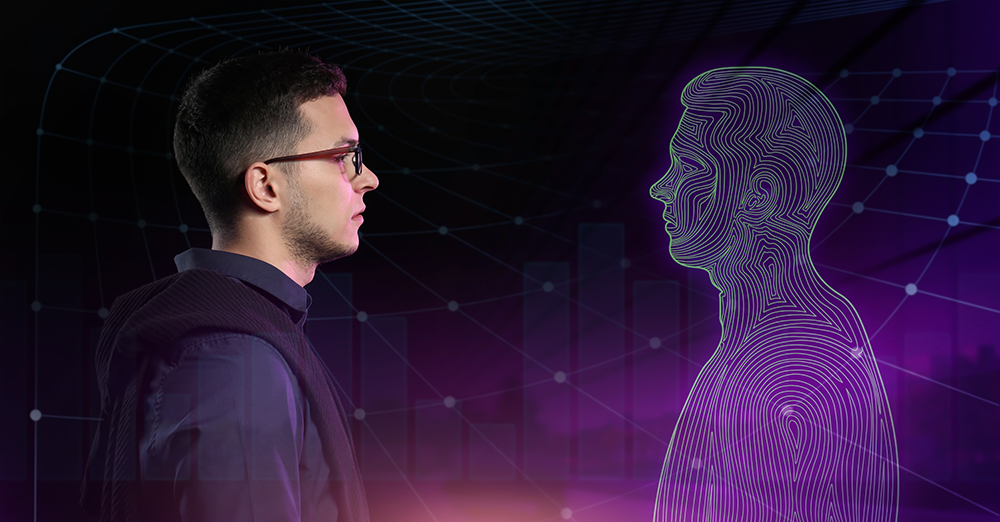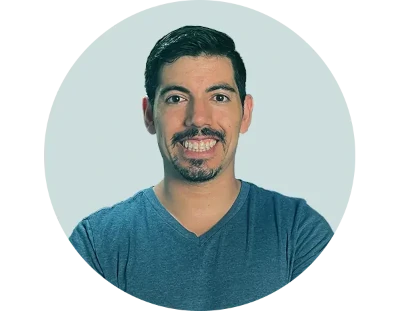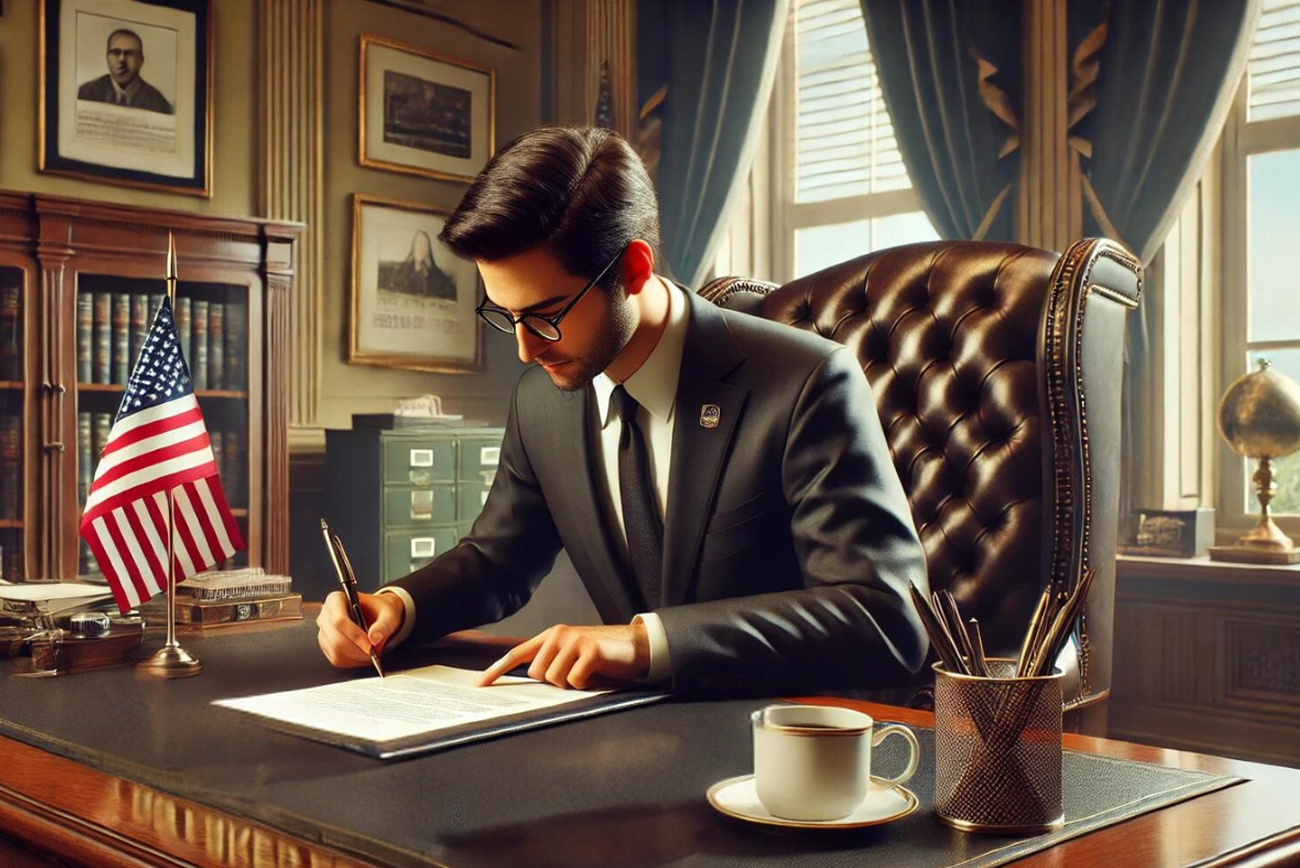Federal lawmakers have officially introduced the No Fakes Act, a groundbreaking AI-focused voice- and likeness-rights legislation that is receiving overwhelming support from the industry.
Overview of the No Fakes Act
Senators Coons, Blackburn, Klobuchar, and Tillis introduced the comprehensive 28-page bill today, nearly 10 months after initially disclosing and summarizing the legislation. The No Fakes Act, short for the “Nurture Originals, Foster Art, and Keep Entertainment Safe Act,” aims to establish a federal right protecting individuals’ voice and likeness.
This proposal comes in response to numerous unauthorized soundalike tracks and the increasing misuse of AI-generated content.
In late April, Warner Music CEO Robert Kyncl testified before Congress, advocating for the bill. He emphasized that the legislation would enable individuals and rightsholders to pursue legal action over unauthorized voice and likeness media.
The actual bill aligns with this framework, describing a robust new right and a path to seeking damages for individuals and rightsholders concerning “digital replicas.”
Key Provisions of the Legislation

The term “digital replica” specifically refers to a newly-created, computer-generated, highly realistic electronic representation that is readily identifiable as the voice or visual likeness of an individual who didn’t actually create the work or whose genuine work was materially altered by AI.
The bill proposes that this voice and likeness “property right” be preserved for 70 years following an individual’s death, provided the right is renewed every five years after an initial decade-long period.
If passed and signed into law, the legislation would not only facilitate civil litigation against those responsible for creating AI deepfake content but also ensure that a sweeping definition of “online service” applies to any user-generated content (UGC)-focused “public-facing website, online application, mobile application, or virtual reality environment.”
This broad scope would extend to digital music providers, social services, and entire app stores, which could avoid deepfake liability by promptly removing flagged content after receiving takedown notices.
Importantly, disclaimers acknowledging content’s AI origins would not serve as a defense in civil actions brought under the No Fakes Act.
Industry Reactions
The introduction of the No Fakes Act has garnered strong support from various industry organizations.
Harvey Mason Jr. of the Recording Academy hailed it as a “major step forward in our fight to ensure that AI is used ethically.”
The Human Artistry Campaign praised the legislation as “landmark,” and RIAA head Mitch Glazier described it as a “huge step forward for smart, effective guardrails against irresponsible and unethical uses” of AI. Major music labels have also expressed their support for the bill.
Opposition and Concerns
Despite the widespread industry support, some outside the industry are less enthusiastic about the No Fakes Act.
Brandon Butler, executive director of the ReCreate Coalition, argued that the bill “threatens free expression online” and could potentially “create more problems for creativity and society than it solves.”
Why This Matters
The No Fakes Act is a significant development for music producers, as it aims to protect original works and ensure ethical use of AI-generated content.
By establishing a federal right over voice and likeness, the legislation provides a legal framework for addressing unauthorized use of digital replicas, which has become a growing concern in the industry. This protection is crucial for maintaining the integrity of artistic works and ensuring that creators are fairly compensated for their contributions.
The bill’s passage could set a precedent for future regulations on AI and digital content, impacting how music producers navigate the evolving landscape of technology and creativity.



So, i’m kinda wondering how this No Fakes Act is gonna handle deepfakes and all? Like, is there a plan for dealing with stuff that’s already out there, or are we just talking about new content? kinda curious how they plan to enforce this.
That’s actually a great question. The enforcement part is what I’m eager to see. It sounds like it will require significant resources and tech.
Maybe they’ll hire a squad of internet detectives to track down deepfakes, haha.
okay, so now the government is stepping in to tell us what’s fake or not? i’ll believe it when i see it working without messing up people’s free speech.
Interesting to see this act getting some traction. For us in the music biz, it’s a big deal, especially with all the AI stuff cropping up. Curious how it’ll play out for indie artists though.
Not sure I’m all in on the No Fakes Act. Does it consider the creative uses of AI or just blanket over everything as a potential threat? There’s a fine line between protection and hindrance in innovation. Daniel, any insights on exceptions for digital art and fair use?
In the key provisions, did it specify how the act would apply internationally? Considering a lot of the internet’s content crosses borders, I’m interested in how those logistics might work out.
This is such a breath of fresh air for us creators! Finally, some solid steps towards protecting our work and likeness in the digital space. Huge props to the senators for pushing this forward.
am i the only one who thinks this is going to backfire? like, how exactly are they planning to enforce these rules without invading privacy or limiting creativity? seems like a slippery slope to me.